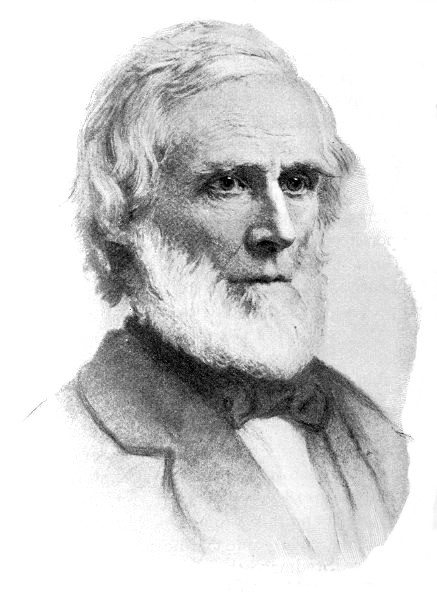UCC Roots May 2020
“He Focused on Christian Nurture ”

Most New England Congregationalists in the 1800s were “Calvinists” —followers of the Reformation scholar John Calvin, who insisted that the power of God and God’s grace, rather than human action, “predestined” human salvation. However, by the early 19th century American Protestant views of God began to change.
Born in Bantam Connecticut, Horace Bushnell (1802- 1876) played a key role in cultivating more flexible religious beliefs and practices. He studied law at Yale, and then theology. After a stint of newspapering, in 1833 he was called and ordained to serve as pastor at North Church in Hartford, Connecticut. He served there until 1859. He embodied the idea of a minister active in the community, establishing the nation’s first public park in Hartford.
Bushnell was a controversial thinker. He challenged classic views of theology. He considered Calvinism rigid and was troubled by the extreme individualism and emotionalism of revivalism. He also questioned the limitations of language in describing God and God’s creation. Yet he remained grounded in Christianity, attesting to the divinity of Christ, but insisting that the influences of “Christian family life” should shape Christian knowledge.
In 1861 Bushnell published a classic book entitled Christian Nurture. He asserted that the true way to prepare a child to become Christian was to make sure “that the child would grow up a Christian, . . . never knowing himself/herself as being otherwise.” Dramatic conversions and salvation promises were not needed. Today, 150 years later, Bushnell’s book is still in print. It is used in Christian education programs in churches all over the world.
Although some Congregationalists were troubled by Bushnell’s theology, Horace Bushnell enabled Protestant religious leaders to reshape theology, transform evangelism and expand Christian education in new ways.
Contributor: Stephen R. Silver